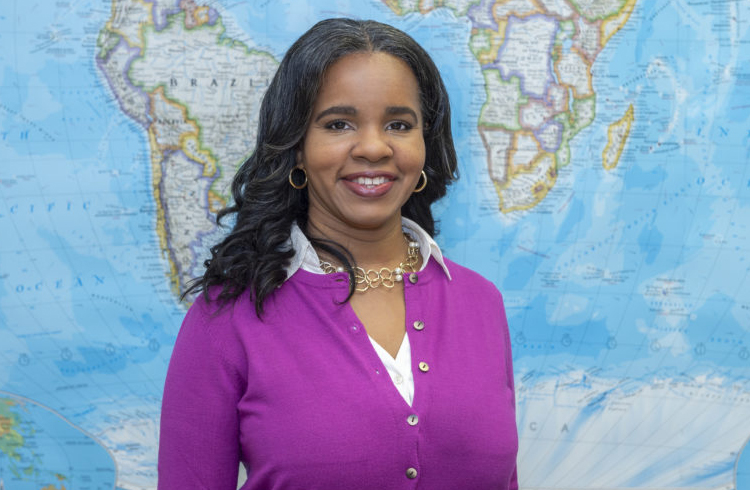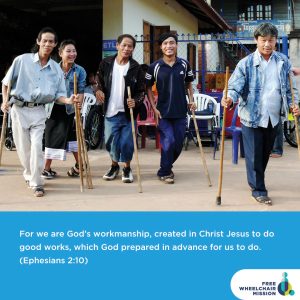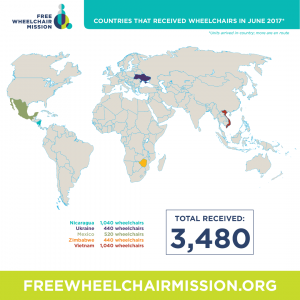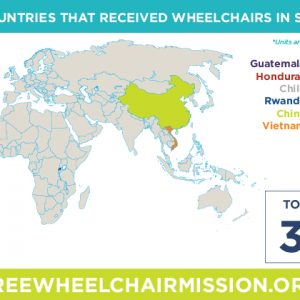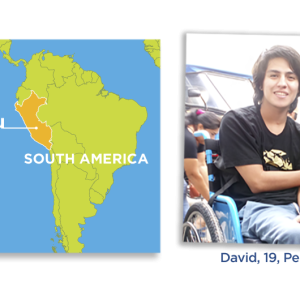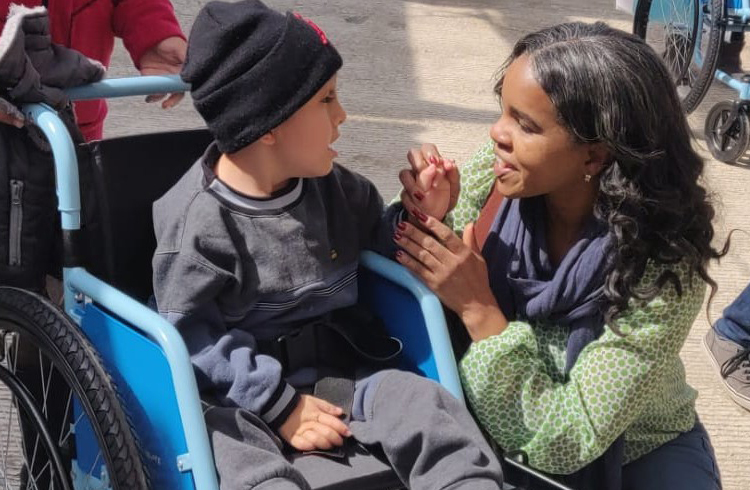
By Free Wheelchair Mission CEO Nuka Solomon
As I watch the media coverage surrounding COVID-19 here in the U.S., it’s clear that the pandemic is having a staggering impact on the economy, especially on small businesses and for those in the service industry (restaurants, barbershops, gyms).
What doesn’t come up as often in the coverage and social media conversations is that charitable organizations—the tens of thousands of nonprofits across the country who do so much good—are also among the hardest hit right now.
We have an added workload as we strive to meet the increased demand of those we serve, those most in need. The irony is that nonprofits like ours at Free Wheelchair Mission, who have increased responsibilities to provide medical supplies around the globe, are facing the most uncertainty during this economic crisis.
What doesn’t come up as often in the coverage and social media conversations is that charitable organizations—the tens of thousands of nonprofits across the country who do so much good—are also among the hardest hit right now.
How do we accurately forecast revenue when we are so dependent on others who may be facing the financial pinch? How do we plan for “worst case” and contemplate cutting costs at a time when we know that, more than ever, the communities we serve will be counting on us to deliver? How do we keep our partners in developing countries encouraged when they are fearful of the devastating impact the pandemic is having on the world’s largest economies? How do we keep our teams motivated when there is so much unknown and the pressures are mounting to fulfill the needs of those who were hurting long before COVID-19?
These are the challenges that my nonprofit peers and I are facing. Through these difficult times, I remember those we serve, and it inspires me to remain hopeful.
Everywhere I have traveled on behalf of Free Wheelchair Mission, I have been humbled by the look in the eyes of those living with a disability. Hope and faith are often what sustains them.

I have seen children who are hopeful that a wheelchair will keep them from crawling beyond their toddler years. I have seen the hope of the elderly, who have endured a lifelong quarantine imposed by being without a wheelchair in impoverished conditions, hopeful that tomorrow will come—that tomorrow will be different, and they finally will get outside. I have seen the hope of our partners who are counting on basic medical supplies providing life-changing opportunities for the care of their people. I have seen the hope of our donors, supporters, and staff who, inspired by the same mission, work so hard and make their own sacrifices to make a difference.
If those whom we serve remain hopeful when facing such insurmountable conditions, what else can I do but remain fervently hopeful and work harder than ever to combat the mighty COVID-19 on their behalf? I’m relying on faith to sustain me through the hardest times, the times when hope seems harder to come by.
In the era of COVID-19, organizations that rise above are those whose leaders remain positive, dedicated, and hopeful that the hard decisions made will sustain their work.
With hope and faith as my guiding principles, here’s a bit of what I am doing operationally as a non-profit leader:
- I am paying extra attention to cash flow—cash coming in, cash going out, every day—with increased sensitivity to what our supporters are facing and faith that they will not leave our side.
- I am remaining dedicated to our mission and listening—listening to the needs of our partners who are asking for wheelchairs and medical supplies.
- I am continuing to make my team my priority—being transparent, being present, being cognizant of their challenges, praying with them.
With so much unknown, nonprofit leaders across the country can only control the controllable. Crumbling now is not an option in this world when millions of people need to be lifted off the ground—literally and figuratively.
In the era of COVID-19, organizations that rise above are those whose leaders remain positive, dedicated, and hopeful that the hard decisions made will sustain their work.
Hope and faith will fuel us. That’s how we win.
